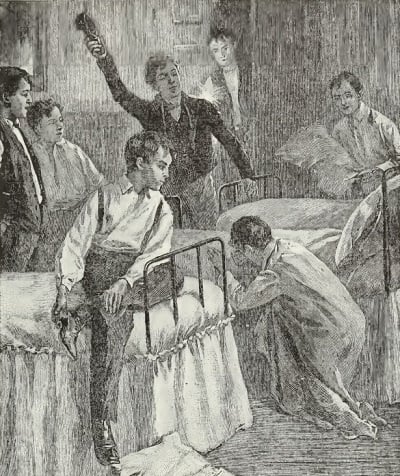 McGuffey's Fourth Eclectic Reader by William Holmes McGuffey
McGuffey's Fourth Reader
McGuffey's Fourth Eclectic Reader by William Holmes McGuffey
McGuffey's Fourth Reader


 McGuffey's Fourth Eclectic Reader by William Holmes McGuffey
McGuffey's Fourth Reader
McGuffey's Fourth Eclectic Reader by William Holmes McGuffey
McGuffey's Fourth Reader

Step 1: Study the Notes and Definitions
Step 2: Examine the Lesson Image
Describe the image, its setting, and its characters.
Step 3: Read the Lesson Passage
Step 4: Complete any Exercises